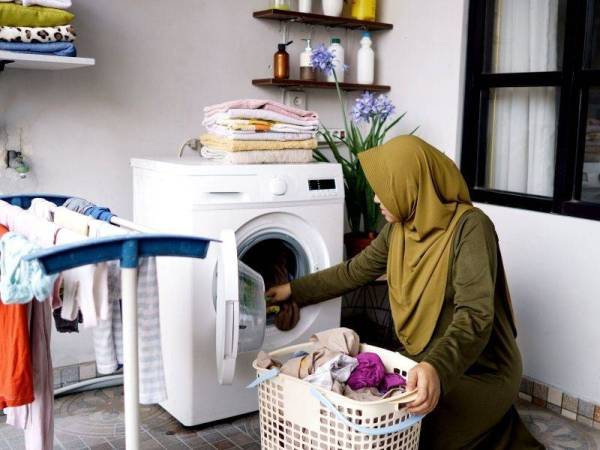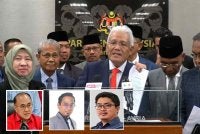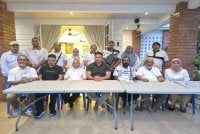Domestic workers continue to be treated as servants without the Proposed Employment (Domestic Employee) Regulations 2019

Civil society group Tenaganita calls out the government for failing to provide a functioning and accessible avenue for support and redresss domestic workers in need after decades of violence and abuse cases.
Its executive director Glorene A Das said it was the state’s responsibility to ensure that all workers in the country have knowledge of their rights and where to seek help.
She said the workers’ trust in enforcement agencies has been undermined by a reputation for complicity in the crime and fear mongering by the employers themselves led to them not seeking help.
“Even if they do access enforcement, truth is no one is really looking out for them in the system.
“No one seems to be even equipped to look out for them from beginning until the end, since case management is fragmented across different agencies attending to different aspects of a case,” she said in a statement in conjunction International Migrants Day today themed 'Harnessing the potential of human mobility'.
Tenaganita has rescued more than 220 domestic workers from June 2019 to June 2021 with over 3025 human rights violations committed by the employers and the recruiting agencies and other stakeholders.
She said this reflects that one domestic worker goes through multiple forms of rights violations including rape and other forms of violence.
Das said most cases with clear elements of trafficking and forced labour tend to be approached from a punitive, prosecution perspective, where if the employer is not charged, the victim also loses the protection of the law.
These, she said, should be separate processes.
She said unfortunately, the Malaysian laws are weak and seemingly against all but the most physically injurious abuse.
Das said abuse, violence and violations of rights are born out of systemic issues regardless if the domestic workers are from Indonesia, Cambodia or the Philippines.
“Every case we have handled tells us the same story.
“It is of great concern to us that every domestic worker who was abused could not seek help early because she had no off day, her passport was held by the employer and she lacked information as she remained isolated and confined.
“This is clearly reflected in a number of cases of abuse and death,” she said.
Das said so long as domestic workers are not recognised as workers under the Employment Act, domestic workers would continue to be treated as servants without any rights, and the State remains complicit in creating slavery-like practices.
She said amending the definition from domestic “servant “ to “employee" under the Proposed Employment (Domestic Employee) Regulations 2019 is one step forward by the Human Resources Ministry.
However, she said it would only serve as a useful guideline for employers on how to treat their domestic employees.
The Anti-Trafficking In Persons and Anti-Smuggling of Migrants (Atipsom) Act 2007 has also failed to protect domestic workers who are to be in human or labour trafficking situations most of the time, she said as such cases are not seen as a trafficking or forced labour situation.
So on this International Migrants Day, we once again call the Malaysian Government to give importance to increasing the protection by enacting a separate law that encompasses the entirety of domestic work. We must have the political will to push this through, to address the needs and rights of one of the most exploited and abused labour sectors (consisting mainly of women and children), the domestic workers.
“Malaysians must wake up to the need for this separate legislation in line with international standards of rights for domestic workers as described in ILO Convention 189.
“It is indeed an outstanding irony that Malaysia holds a seat on the United Human Rights Council, while it continues to deny domestic workers basic human rights and dignity,” she said.
In conjunction with the International Migrants Day, Tenaganita had produced two videos under the Feminist Participatory Action Research (FPAR) project funded by Asia Pacific Forum on Women, Law and Development (APWLD) highlighting the many exploitations faced by domestic workers , including being at risk of human trafficking, labour exploitation, forced labour and sexual exploitation whilst calling to ensure their access to decent work, starting with the implementation of labour and social security laws for all domestic workers and a separate law for Domestic Workers in Malaysia .
https://www.facebook.com/TenaganitaMY/videos/243924991186786/
https://www.facebook.com/TenaganitaMY/videos/4592664104120475/
Muat turun aplikasi Sinar Harian. Klik di sini!




















